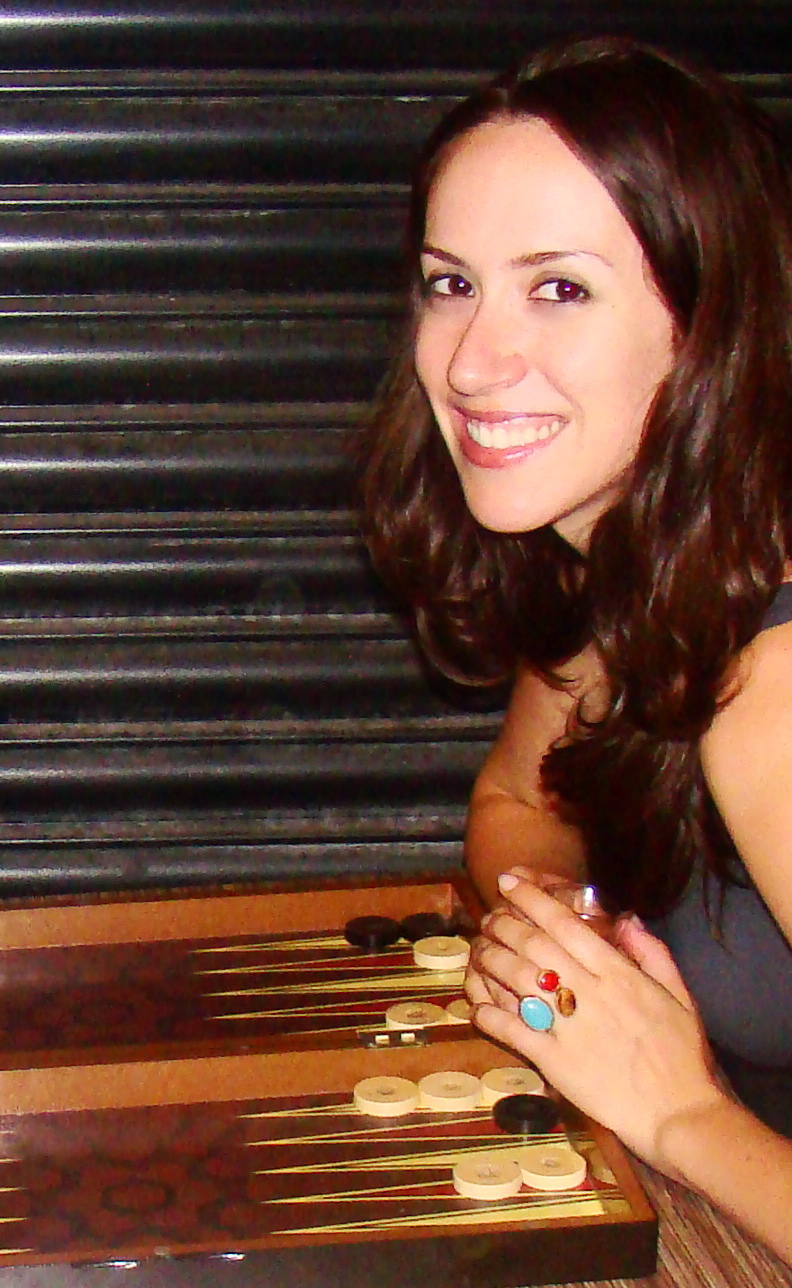Project Year
2012
Region(s)
South Asia
Country(ies)
Bangladesh
Project Description
The value of worldwide Islamic financial assets has leapt from half a million dollars in the 1970s to over one trillion dollars today. These assets are widely expected to quadruple within the next few years. Bangladesh, a deeply impoverished nation of nearly 160 million with the world’s fourth-largest Muslim population, has a rapidly growing Islamic finance industry poised to expand by folding poor clients into Islamic microfinance. I propose to study Bangladeshi Islamic microfinance as mobilizing preexisting social/religious networks to render the “Islam” in Islamic microfinance a form of value storage. Participation in Islamic microfinance appears to be emerging as a way for poor clients to develop both their religious and economic subject positions in a mutually reinforcing manner. The Islami Bank Bangladesh Limited (IBBL), operating an Islamic microfinance program, positions itself as a religious as well as financial institution dedicated to poverty alleviation. This holds the potential to shift individuals operating within informal, community economic networks to formal, agent-based banking, potentially increasing economic stability and strategic access to funds. I will explore three main research questions at IBBL headquarters in Dhaka, and within an IBBL Islamic microfinance collective in a rural coastal village. First, how are poor Islamic microfinance clients folded into ideas about social justice in Islam and the economics of poverty alleviation and development? How do individual clients versus the bank conceive of the potential and limitations of Islamic microfinance vis-à-vis contours of local poverty? Second, how “mobile” are the banking technologies, products, and services of Islamic microfinance? What accounting and auditing processes are being developed in response? Third, to what degree is Bangladeshi Islamic microfinance a replicable system for improving access to funds and savings mechanisms for the poor outside Bangladesh?
Researcher(s)
Bridget Kustin
About the Researcher(s)
 Bridget Kustin is a PhD student in Anthropology at Johns Hopkins University, where she studies Islamic
(micro)finance in Bangladesh and Saudi Arabia, focusing on questions of risk, uncertainty,
accounting, poverty alleviation, and gender. Previously, she served as South Asia
Researcher for the U.S. Commission on International Religious Freedom, a federal,
bipartisan agency providing foreign policy recommendations to the President, Congress,
and Secretary of State. Bridget was a 2012 fellow-in-residence at the Center for Social
Science Research-Berlin (WZB), a 2006 Bengali Language Fellow of the American Institute
of Indian Studies, and 2005 Fulbright scholar to Bangladesh. Her graduate research
has been supported by a National Science Foundation Graduate Research Fellowship,
a CAORC Multi-Country Fellowship, and the American Institute of Bangladesh Studies.
She has presented at conferences and workshops across South Asia, Europe, and the
U.S., and written for the Washington Post, Public Books, and the Daily Star Forum
Magazine (Bangladesh).
Bridget Kustin is a PhD student in Anthropology at Johns Hopkins University, where she studies Islamic
(micro)finance in Bangladesh and Saudi Arabia, focusing on questions of risk, uncertainty,
accounting, poverty alleviation, and gender. Previously, she served as South Asia
Researcher for the U.S. Commission on International Religious Freedom, a federal,
bipartisan agency providing foreign policy recommendations to the President, Congress,
and Secretary of State. Bridget was a 2012 fellow-in-residence at the Center for Social
Science Research-Berlin (WZB), a 2006 Bengali Language Fellow of the American Institute
of Indian Studies, and 2005 Fulbright scholar to Bangladesh. Her graduate research
has been supported by a National Science Foundation Graduate Research Fellowship,
a CAORC Multi-Country Fellowship, and the American Institute of Bangladesh Studies.
She has presented at conferences and workshops across South Asia, Europe, and the
U.S., and written for the Washington Post, Public Books, and the Daily Star Forum
Magazine (Bangladesh).
Read Bridget Kustin's Final report.
Read Bridget's Kustin's report introducing the theological tenets of Islamic (micro)finance, a description of the most common products and services, and a global overview of the industry and its major institutions using an anthropological perspective "Islamic (Micro)Finance: Culture, Context, Promise, Challenges" published with the Gates Foundation Financial Services for the Poor on the Impatient Optimists Blog.



